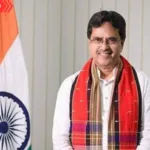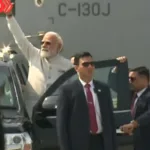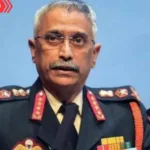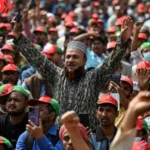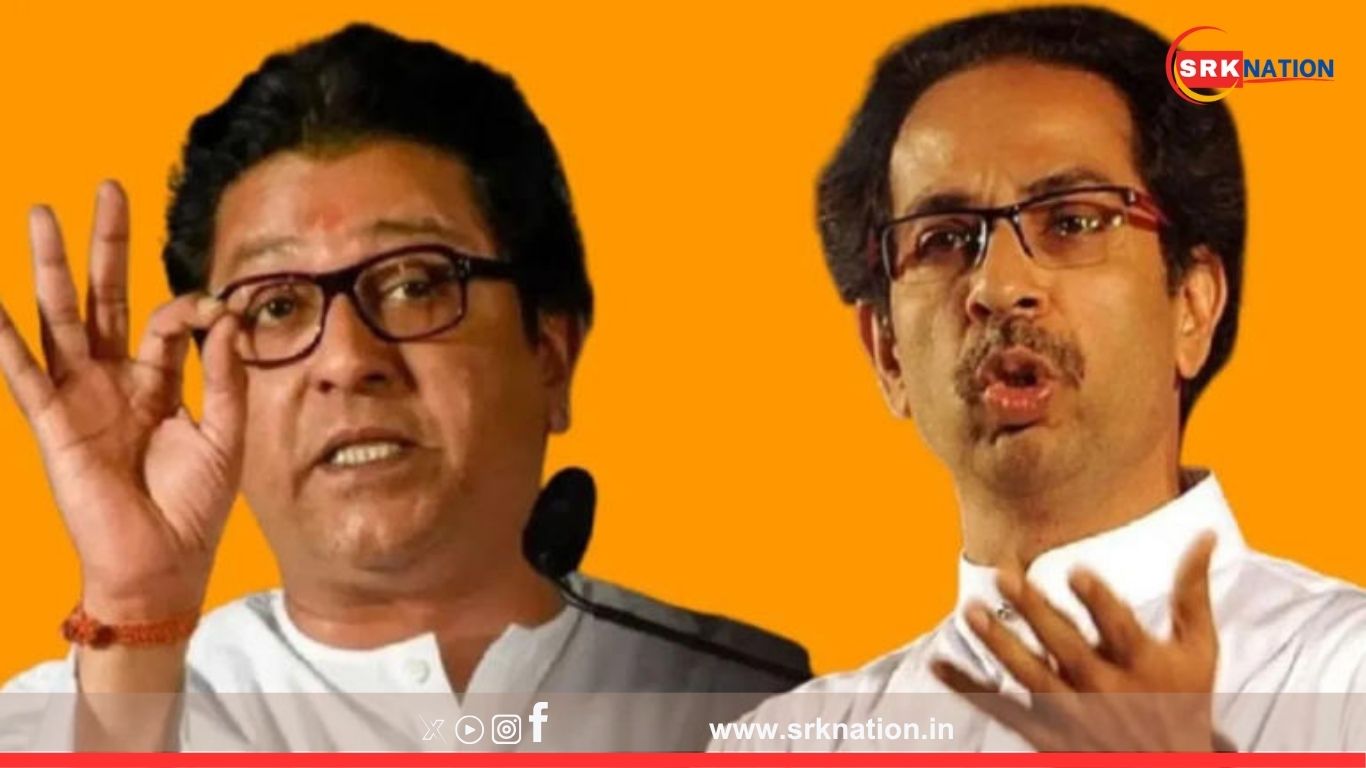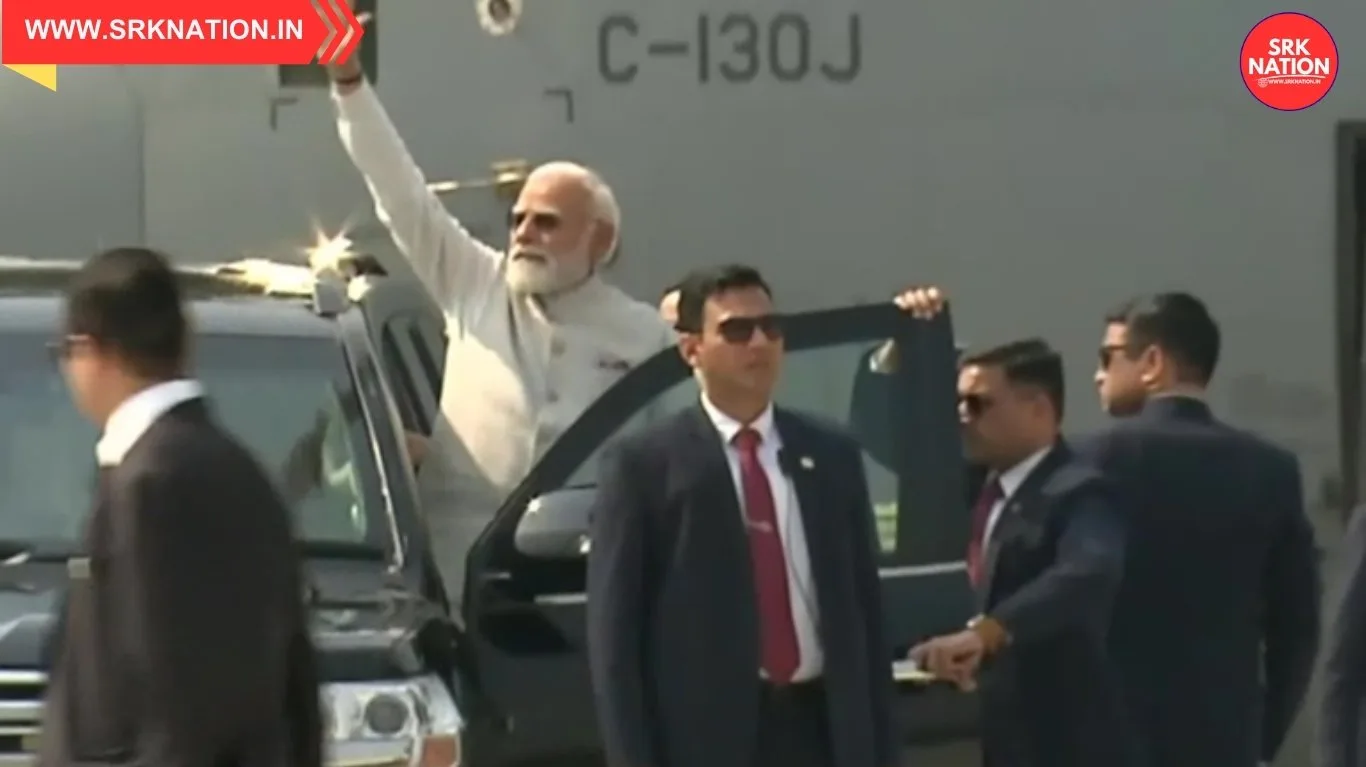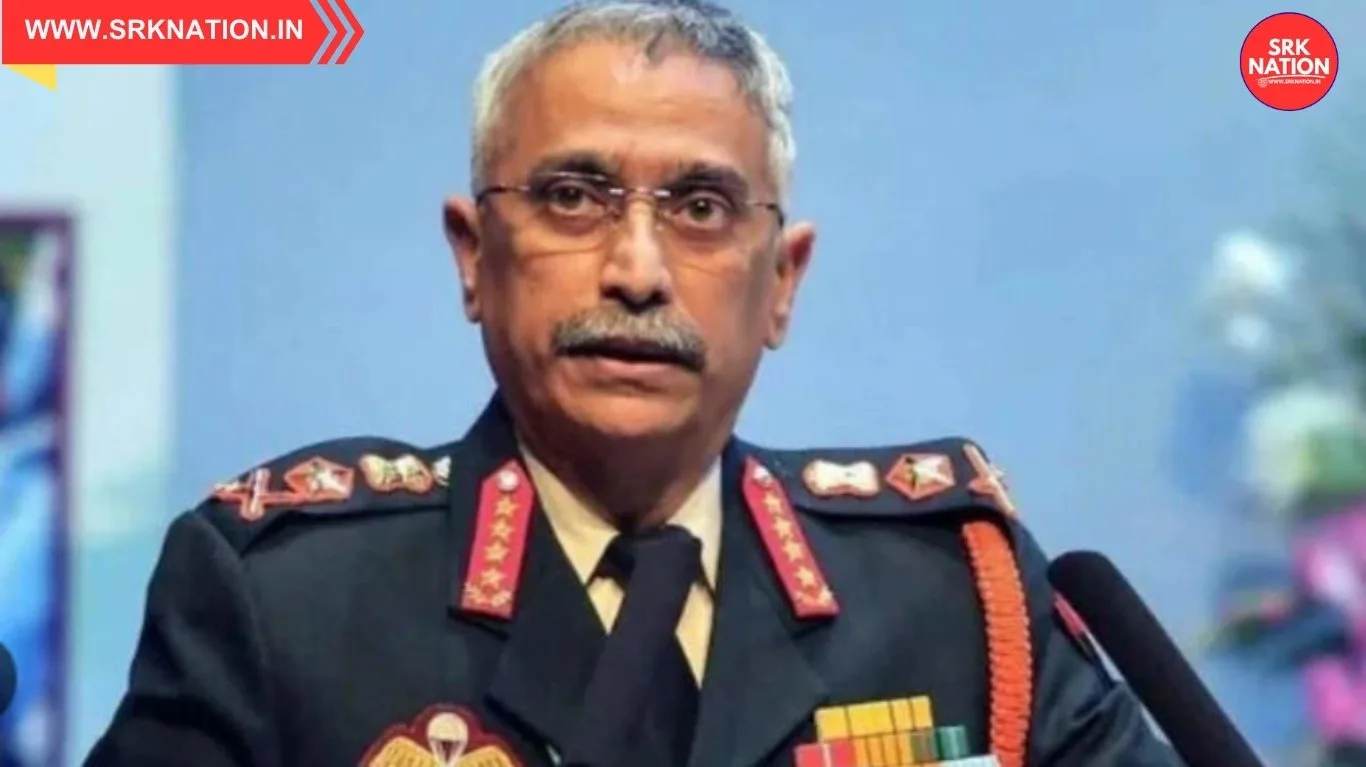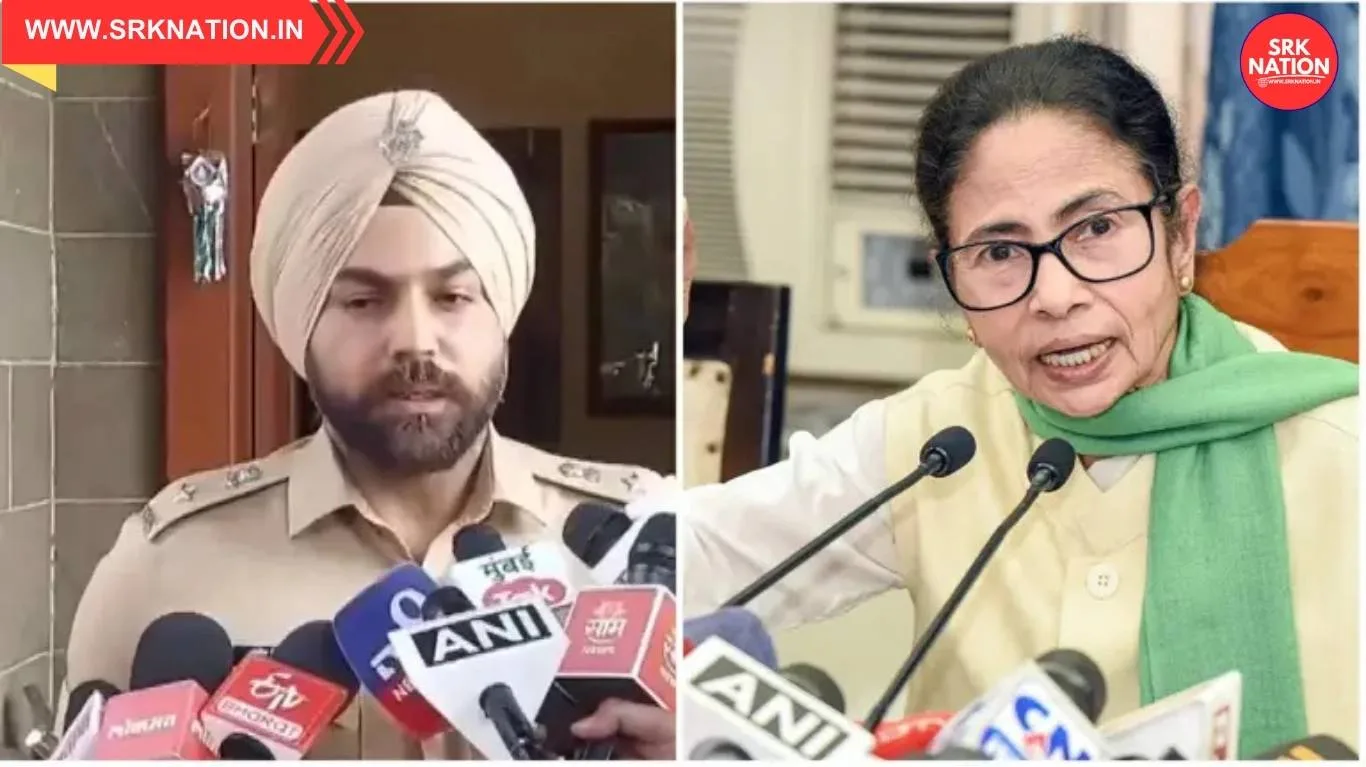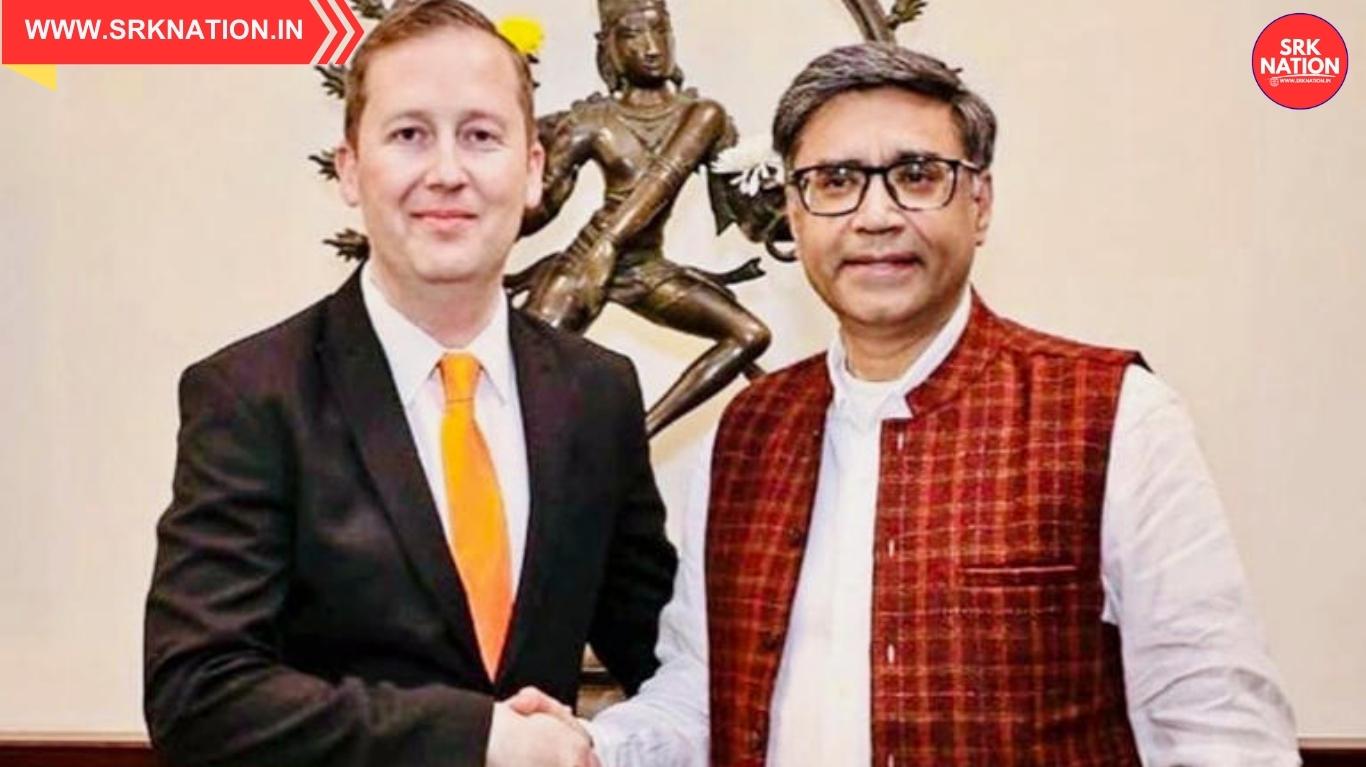The political storm over the Maharashtra government’s revised language policy has intensified, with Uddhav Thackeray and Raj Thackeray launching parallel attacks on the Centre for allegedly imposing Hindi in state-run schools. The estranged cousins have announced joint protest marches in early July, while NCP (SP) chief Sharad Pawar has called for a united front to defend Marathi language and culture.
🗣️ ‘Language Emergency’ Sparks Outrage
The controversy erupted after the Mahayuti government issued an amended order stating that Hindi will “generally” be taught as the third language in Marathi and English medium schools from Classes 1 to 5. Although the policy allows students to opt for other Indian languages if at least 20 per grade request it, critics argue it amounts to backdoor imposition.
“This is not about opposing Hindi—it’s about resisting its forced imposition,” said Uddhav Thackeray, who announced his party’s participation in a July 7 protest at Azad Maidan.
“We will not allow the erasure of Marathi identity,” declared Raj Thackeray, whose MNS will lead a July 5 morcha from Girgaum Chowpatty, emphasizing a non-partisan, Marathi-only platform.
🤝 Rare Unity Among Political Rivals
In a rare show of solidarity, the Thackeray cousins—longtime political rivals—are aligning over what they call a “language emergency”. Shiv Sena (UBT) leader Sanjay Raut confirmed that both leaders will jointly lead the July 5 march, setting aside party flags to focus solely on Marathi pride and linguistic rights.
📚 Sharad Pawar: Don’t Burden Young Learners
Backing the agitation, Sharad Pawar said Hindi should not be made mandatory before Class 5, warning that early language overload could sideline the mother tongue.
“Let children first master their native language. New languages can come later,” he said.
🏛️ Government’s Clarification
Deputy CM Devendra Fadnavis and Education Minister Dada Bhuse clarified that Marathi remains compulsory, and Hindi is optional. Bhuse added that oral learning methods will be used for Classes 1 and 2 to reduce academic pressure.
However, critics argue that the policy’s structure and timing reflect a broader cultural agenda, with Congress and civil society groups also pledging support for the protests.
🔁 Share this article to follow Maharashtra’s language rights movement and the growing political unity around regional identity.


